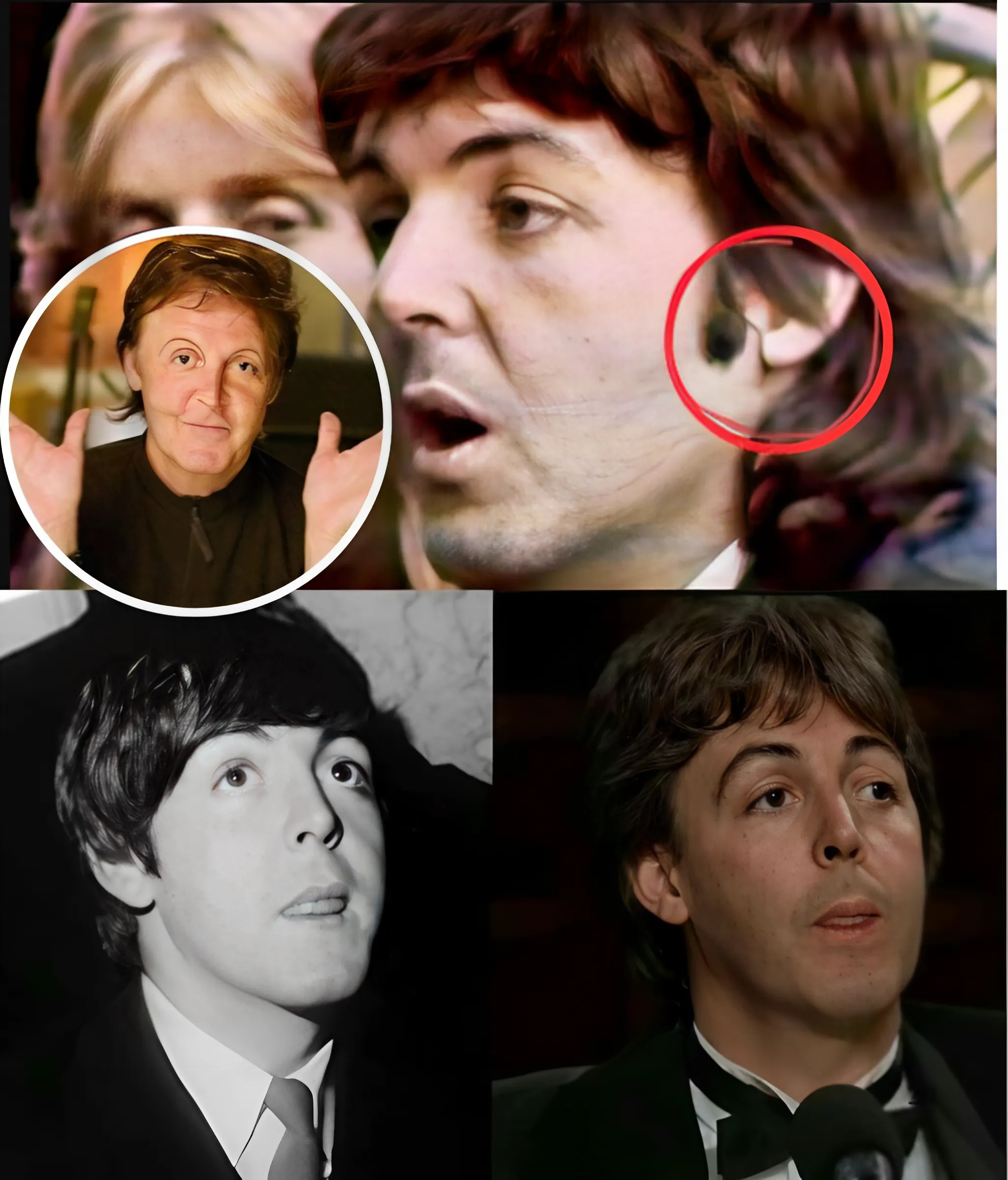
Proof Paul McCartney Died – Or Something Else? The Eerie Mystery of “Saint Paul” by Terry Knight
In the rich tapestry of Beatles lore, few stories have captivated fans — and conspiracy theorists — like the enduring “Paul is dead” mystery. And at the center of this curious tale lies a song that still raises eyebrows to this day: “Saint Paul” by Terry Knight, released in 1969, during the height of Beatlemania and the swirling rumors about Paul McCartney’s alleged death.
But was this song proof, a cryptic eulogy wrapped in poetic metaphor? Or was it something else — a misunderstood tribute, a misunderstood friendship, or even clever marketing?
The Song That Sparked Chills
“Saint Paul,” on the surface, is a haunting ballad written and performed by Terry Knight, a musician and DJ who had once been close to The Beatles’ inner circle. It was released shortly after McCartney had become increasingly reclusive, prompting bizarre rumors that he had died and been replaced by a lookalike — an idea many dismissed as absurd, but which grew louder with each “clue” fans thought they found in album covers, song lyrics, and photographs.
What made “Saint Paul” so compelling to conspiracy believers was its tone and timing. The lyrics seem to reference loss, betrayal, and finality, with lines like:
“You knew it all along / Something had gone wrong / They couldn’t hear your song…”
And the title — “Saint Paul” — gave an almost spiritual framing to the supposed death of Paul McCartney, elevating him to a martyr-like figure.
Connections to Apple Records and The Beatles
Here’s where things get even stranger. The song was originally released by Capitol Records, but was quickly pulled from many markets, only to re-emerge with publishing credit suddenly attributed to Maclen Music — the Beatles’ own publishing company. This fueled speculation: why would The Beatles’ business team take ownership of a song that speculates on Paul’s death — unless it had struck a nerve?
Some fans saw it as validation. Others thought it was a legal strategy. Either way, the association with Maclen Music gave the song an aura of authenticity that most Beatles-related conspiracy theories lacked.
Who Was Terry Knight, Really?
Knight was more than just a random outsider. He had spent time with The Beatles in London, claimed to have visited Apple Corps, and even said he had conversations with McCartney himself. According to Knight, “Saint Paul” was written as a heartfelt tribute — not a death omen — inspired by his personal disillusionment with what The Beatles had become as fame and business complications deepened.
But after the song’s release, Knight faded from the Beatles’ orbit, and eventually found success elsewhere as the producer for Grand Funk Railroad. Still, “Saint Paul” remains his most mysterious and controversial work.
Proof of Death — or a Metaphor for Change?
In hindsight, many now interpret the song as a reflection of a turning point — not in Paul McCartney’s life or death, but in the Beatles themselves. By 1969, the band was fractured, their idealism strained, and their relationships fraying. Terry Knight may have used “Saint Paul” as a symbolic goodbye to the Beatles’ unity, with McCartney, the melodic heart of the group, seen as the “saint” left behind.
And Paul, of course, never died. He simply retreated into a more private, self-driven creative space — releasing his first solo album in 1970 and beginning a new chapter beyond the band.
A Haunting Musical Artifact
More than 50 years later, “Saint Paul” remains one of the most haunting and enigmatic songs connected to the Beatles mythology. Whether you see it as evidence, homage, or poetic misinterpretation, it undeniably plays a fascinating role in the larger cultural puzzle surrounding Paul McCartney and the mythos that surrounds him.
Because sometimes, in music, the mystery becomes the message — and “Saint Paul” is a mystery that refuses to fade.
Video: